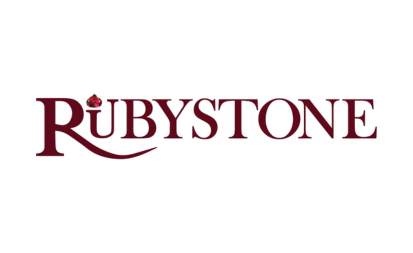The Use of Artificial Intelligence (AI) in the Hospitality Industry
Artificial intelligence will play a significant role in the future of hospitality. With the aid of robotics and artificial intelligence (AI), the travel and tourism sector has an unmatched opportunity to improve as many areas

Artificial intelligence will play a significant role in the future of hospitality. With the aid of robotics and artificial intelligence (AI), the travel and tourism sector has an unmatched opportunity to improve as many areas of the world are once again opening up to it. The future of hospitality is AI. Although it may be difficult to imagine, experts believe that humans will play a smaller role in the sector over the next ten to twenty years as robotics and AI become more prevalent.
What is AI?
Artificial intelligence (AI) is a branch of computer science that focuses on building intelligent machines that can carry out jobs often done by people. The objective is to let the computer program pick up knowledge from people so that it can behave and interact like them. There are already many AI-based applications all around us. When you complete a book on your e-reader, for instance, the gadget suggests other books you would like to read. It just imitates your earlier behavior because its recommendations are based on your past decisions.
Value of AI in the Hospitality Sector
Before delving into specific applications of AI in the hospitality sector, it is important to consider how this technology might help the sector develop. A recent analysis by Global Market Estimates claims that growth will rule AI’s future in the hotel industry. Over the duration of their estimated period from 2021 to 2026, the researchers expect a 10% compound annual growth rate (CAGR). Accommodation and food and beverage are the main factors influencing the anticipated growth. While the food and beverage industry now uses the majority of technology, the expansion of AI in the lodging industry is anticipated to be faster.
A hotel generates enormous amounts of data every day. There are informational elements for the preferences of the guests as well as their ordering and billing. This is why AI algorithms are so effective in cutting costs, improving service quality, and streamlining procedures in the hotel sector. Artificial intelligence gets data from reliable sources and deciphers it using pattern recognition. Artificial intelligence (AI) has the potential to offer the hotel sector priceless insights by combining data from many sources, including photographs, voice recordings, videos, and text.
Examples of AI in Hospitality
Artificial intelligence (AI) will be used in all facets of the hotel sector in a few years. Here is a look at some of the industrial segments that are driving change.
1. Personalization
2. Optimizing occupancy and the space
3. Interaction between customers and staff, updates, and maintenance
4. Management of Reputation

Despite a difficult economic climate, the hotel sector has a promising future. Businesses in the hospitality industry can differentiate themselves from the competition by using technology, such as robotics and artificial intelligence applications. Heavy hitters in the sector like Hilton and KLM airlines are already setting the standard. The use of AI in the hotel industry will enable company owners to offer customers a service that is more unique and customized than ever. This is made feasible by data analysis and the fact that robots handle regular, repetitive activities, freeing up employees to handle the more sophisticated aspects of their jobs. The potential of artificial intelligence will increase as it becomes more intelligent. Starting now gives your company an advantage over the competition and the chance to establish a strong brand.
Sandeep Singh, founder of Rubystone Hospitality
—
 English
English French
French German
German Italian
Italian




